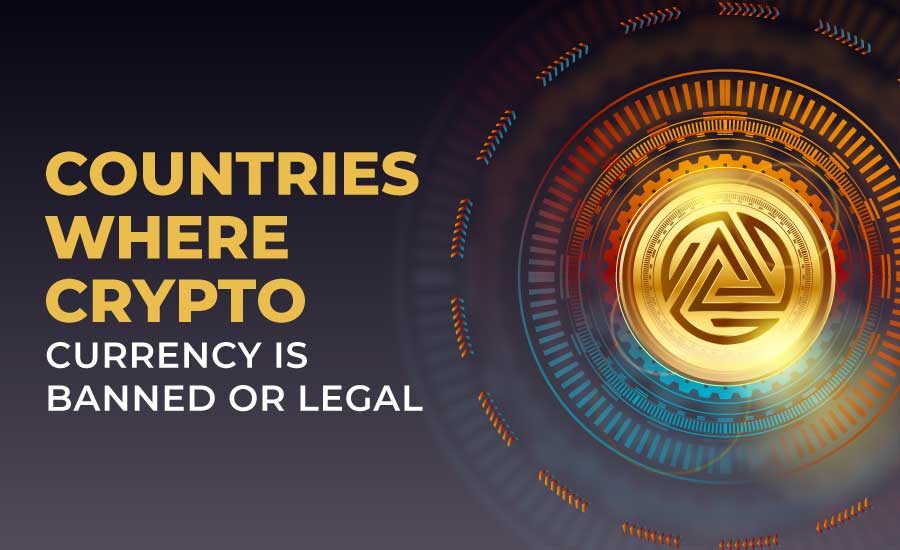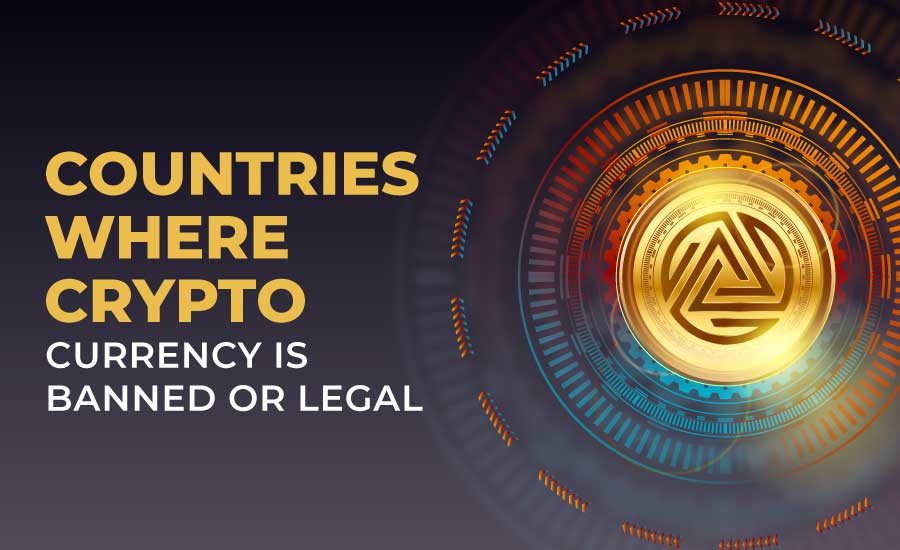Cryptocurrency regulation has become controversial since its beginning in 2009. While El Salvador became the first country to legalize bitcoin, some have either put restrictions or even banned it in totality.
Countries where Bitcoin is banned / illegal
Crypto trading is illegal in Bangladesh as it goes against its financial regulations and laws. If found trading in cryptocurrencies, crypto traders can face years of imprisonment. Here are other countries which have banned it.
Under the Islamic legislature, crypto transactions are prohibited in Egypt. They believe it’s harmful to their national security and economic health.
Since 2014, Bolivia has banned all decentralized cryptocurrencies.
- Bolivia
- Bangladesh
- Dominican Republic
- Ghana
- Nepal
- The Republic of Macedonia
- Qatar
- Vanuatu
Countries where use of Bitcoin is legally restricted
China once home to the world’s largest number of bitcoin miners, china banned all crypto transactions and mining in 2021. It sees cryptocurrencies as a threat to its sovereign digital yuan.
Ecuador implemented an outright ban of decentralized currencies in 2014, but the government later amended loss. It allows for payments using electronic money while prohibiting coins not controlled by the state.
Cryptocurrencies cannot legally be used for payment in Indonesia, a top body of clerics likened trading of cryptocurrency to gambling and using them as a means of payment is unlawful in Islam.
The largest cryptocurrency market in Africa, Nigeria, imposed a crypto ban in 2021. The ban has pushed the industry underground, with Nigerians trading between themselves using mobile messaging apps and platforms. This has opened them up to scams and the risk of arrest.
Qatar banned bitcoin trading in 2018 to ensure the safety of the financial and banking system. Those court were told they would face penalties.
Vietnam issuance supply and use of digital currencies are illegal as a means of payment and are subject to fines.
Russia gave cryptocurrencies legal status in 2020, but bandha used as a means of payment. It cited fear of money laundering or terrorism financing.
For Singapore there’s no crypto ban, but Singapore just made it less accessible. It banned all advertising of crypto assets, citing high risk and not suitable for the general public
Spain regulated the advertising of crypto assets, including those by social media influencers. It requires any advertising to include warnings about the risks involved.
Turkey banned the use of crypto assets in payments, citing fear of cryptocurrencies being used in illegal activities.
- Bahrain
- China
- Ecuador
- Hong Kong
- Indonesia
- Kazakhstan
- Nigeria
- Qatar
- Russia
- Saudi Arabia
- Spain
- Turkey
- Vietnam
Countries where Bitcoin is legal
- Antigua and Barbuda
- Australia
- Barbados
- Belgium
- Bulgaria
- Cayman Islands
- Chile
- Croatia
- Dominica
- Estonia
- Finland
- Germany
- Italy
- Ireland
- Japan
- Lithuania
- Malta
- Mauritius
- Marshall Islands
- New Zealand
- Norway
- Philippines
- Serbia
- South Korea
- Sweden
- Switzerland
- Ukraine
- United Kingdom
- United Arab Emirates
- United States
- Uzbekistan
- Venezuela
Countries Where Bitcoin is Official Legal Tender
- El Salvador
Countries where Bitcoin is neither legal nor illegal
- Albania
- Afghanistan
- Angola
- Anguilla
- Argentina
- Belize
- British Virgin Islands
- Brunei
- Cambodia
- Costa Rica
- Cuba
- Guatemala
- Haiti
- India
- Honduras
- Kenya
- Jamaica
- Latvia
- Lesotho
- Macau
- Malaysia
- Mexico
- Moldova
- Montenegro
- Pakistan
- Tajikistan
- Tanzania
- Samoa
- Zimbabwe





